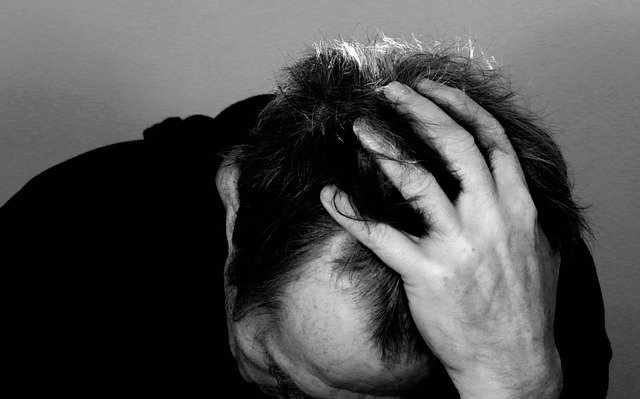Post Traumatic Stress Disorder
Post-traumatic Stress Disorder (PTSD) is a prolonged anxiety and adjustment reaction to an extremely stressful and potentially life threatening event. Unlike the typical day to day stresses that we all experience living here in a large city, traumatic events are usually unexpected, extraordinary and involve the threat of serious emotional or physical harm.
Examples of traumas include childhood abuse (physical, emotional or sexual), natural disasters, military combat, acts of terrorism, robbery, rape and other instances where one feels that their life is at risk.
Symptoms of PTSD fall into three categories:
Re-experiencing:
- Disturbing memories, dreams, nightmares and/or flashbacks
- Extreme emotional distress or physical reaction (e.g., panic, anxiety, increased heart rate, or rapid pressured breathing) when reminded of the event
Avoidance:
- Avoiding thoughts, feelings & conversations about the event
- Avoiding people, places & situations reminding you of the event
- Problems recalling important parts of the event
- Loss of interest in activities, feeling emotionally numb
- Feeling disconnected from others
- A sense that life will be cut short
Hyper-arousal:
- Difficulty falling and staying asleep
- Anger/ Irritability
- Difficulty concentrating
- Hyper startle response (Jumpiness, a sense of being constantly on guard and easily startled).
Note to Veterans: PTSD and Re-adjustment counseling services are available FREE to qualifying veterans and their family members at VA and Vet Centers. For more information on this see the links on the Veterans Re-Adjustment page. To read more on PTSD see the diagnostic Statistical manual DSM-V.

